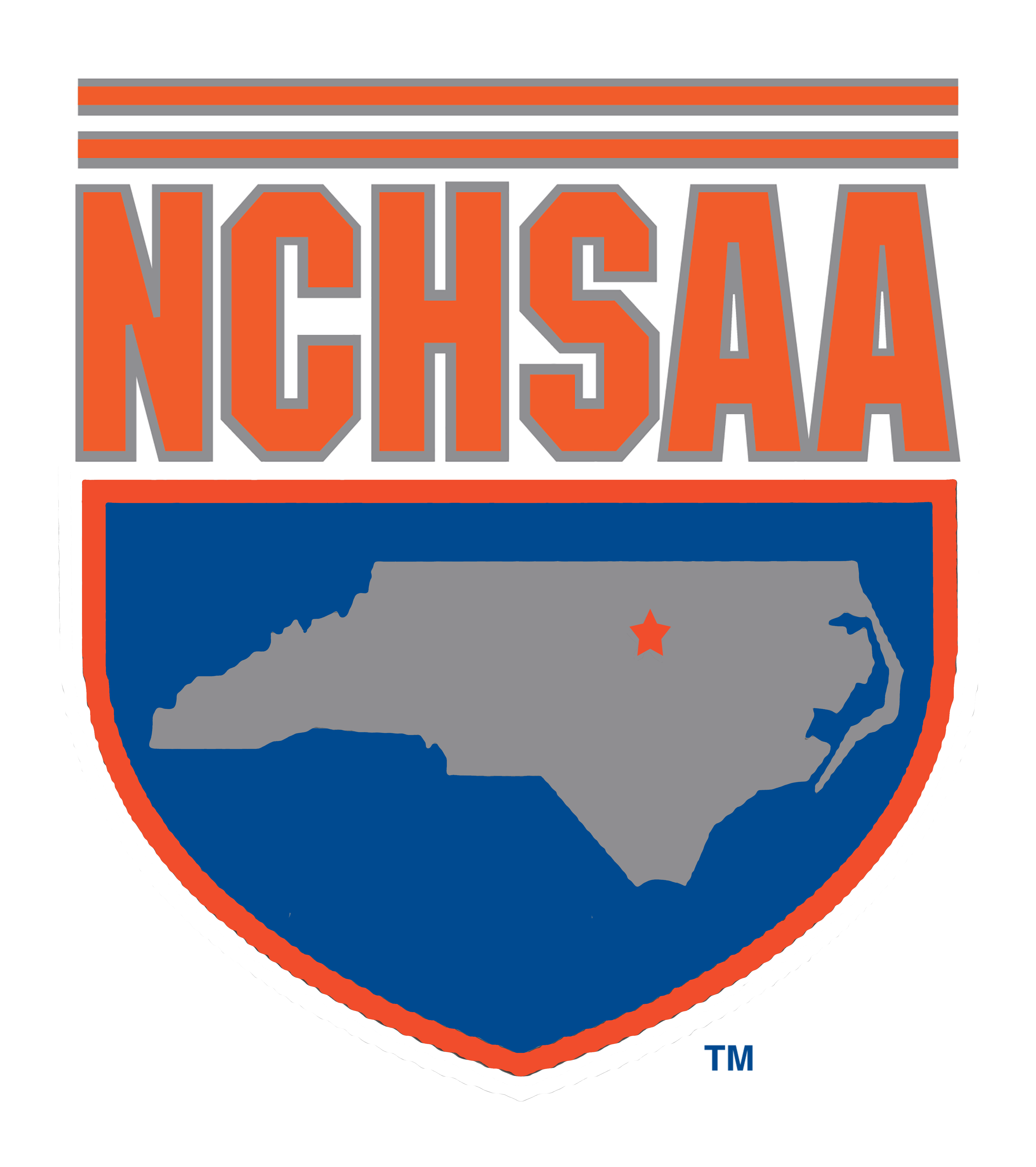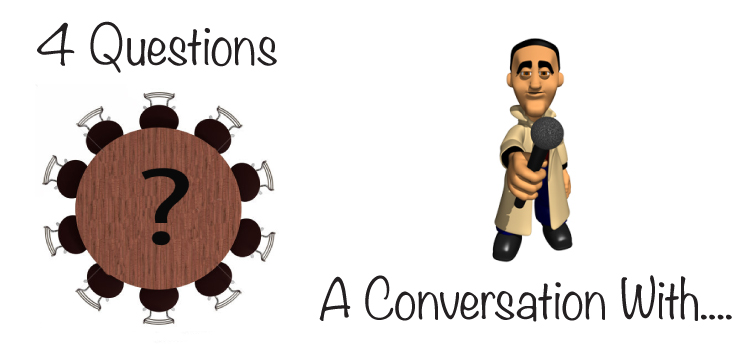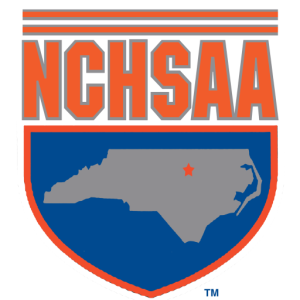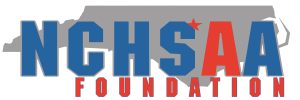4 Questions: A Conversation with…Mark Dreibelbis
Mark Dreibelbis, a native of Charlotte, is the supervisor of officials and associate commissioner of the North Carolina High School Athletic Association. He came to the NCHSAA in January of 2005 from Appalachian State University, where he had been the associate director of athletics. In addition to his work with the officiating program, Mark is in charge of the Student Services program and has served on a number of National Federation of State High School Associations (NFHS) rules committees.
What are a couple of the major rule changes that people may notice this year while watching high school football?
Two come to mind. First, targeting and defenseless player hits are major implementations. Basically, we are trying to “take the head out of the game” in terms of direct contact points. We are teaching tacklers to “lower the strike zone” similar to baseball…make the hits from beneath the shoulders to the top of the knees. Hits to defenseless players are unnecessary hits to a player who by their physical position (away from the point of attack or end of the play) and their concentration of focus (a receiver who has given up on an overthrown pass or a player on a run that is far behind the ball), is vulnerable to contact.
The guiding principle with football should be “mend it, don’t end it.” In fact, the mending process has been aggressively implemented by the National Federation rules committee with safety rules for many years. Rules changes and heightened awareness about concussion recognition and diagnosis have been very evident. The change in mindset is being addressed, and all stakeholders of our game should understand the future of high school football will withstand the head being removed as a striking point and part of the contact nature of the sport.
Can you briefly describe how a national high school football playing rule is created or changed?
Supervisors of Officials in each state can send in rules proposals to the national rules committee with approval of the state office. The NCAA/NFHS Football Advisory Committee meets in November to review and assign proposals to sub-committees. The full NFHS Football Rules Committee meets in January to discuss the proposals and recommend bringing to the floor for vote. If a rules proposal does come to the floor for vote, it takes a 67% majority to vote favorably for enactment.
The criteria involved when considering rules changes are as follows:
Preserve sound traditions of the sport
Minimize risks
Standardize competition
Maintain balance between offense and defense
Provide for orderly administration by game officials
What is the most difficult thing about being an official?
Unfair and unknowledgeable perceptions of both coaches and fans. Rules codes are vastly different at all levels of competition, and often the public does not know rules specific to interscholastic competition.
Officials do not see colors of uniforms; they see plays. Preparation and knowledge of officials takes a great deal of time commitment and years of service to develop. And, this is done out of love for the game and a passion to give back to the sport for very little remuneration at the high school level. Add the cost of travel, uniforms, registration fees, insurance, background checks and more, the dedication to become an official and deal with very little gratification and pay is simply admirable.
For example, each official annually must attend a minimum of six (6) rules clinics, do three (3) scrimmages, attend association meetings, attend a State Rules Clinic and meet a proficiency standard on the annual NFHS exam…all of that is done with no pay but a required expectation of excellence to be eligible to accept assignments on behalf of the NCHSAA. I am extremely honored to be associated with these individuals.
What is your best memory of high school athletics personally, from your own involvement in them?
Commitment to my coaches and teammates was instilled upon me by my parents. They were both educators and my father was a coach and principal. That foundation inspired me to work my talents to the fullest to achieve not only individually, but as a team member. The wins, the losses, the bus rides, the practices…life lessons that inspired me to be in athletics my entire life as a player, coach, official and athletic administrator.
I was fortunate to work 26 years of intercollegiate basketball as an official. I also umpired college baseball. But my years of being a high school football, basketball and baseball official have provided me so many friendships and fellowships with officials and coaches alike. Simply stated, the thrill I got each game as a high school official was the one thing we should never forget to do in any of our endeavors…have fun! And fun best sums up my experience as a game official.



